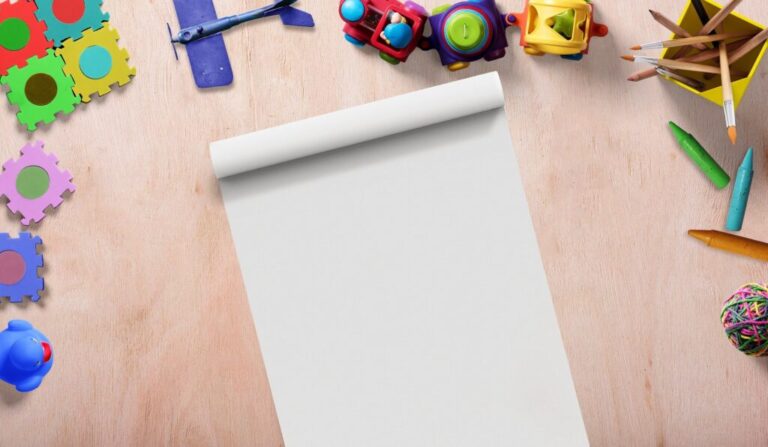
Tips on Handling meltdowns
Your child can lead an active and enjoyable life despite their disability if parents are equipped with ways of handling meltdowns. But a child with a learning disability usually has a tough time with transitions, unfamiliar circumstances and new activities. As a result, it is difficult for them to enjoy things like going to a restaurant or movie theatre or on a family holiday. Difficulty in understanding unwritten social rules, social context, nonverbal communication, and social expectations may further compound the problem. Sometimes even mild stressors can lead a child to become hysterical and irrational, and they can resort to screaming, become resistive and out of control. When this happens, you can say that your child is having a meltdown – that is, becoming overloaded with emotions.
Handling meltdowns – Validate the feelings
You will need to tailor your expectations, boundaries, and consequences according to your child during meltdowns. No amount of scolding, threatening, or commanding will work when a child is having a meltdown. The first thing you can do to handle meltdowns is to be calm and validate your child’s feelings and show empathy. Parents must show patience and understand that their child processes things differently, and their way of communicating is also different. Listen to your child quietly without any arguments. It will convey to them that you are not demanding or judging them but just listening, and it will help bring down their anxiety. Get closer to them, touch them to show them that you are here for them. If they prefer distance, give them space, and assure them that you value their decision. It will take you some time to understand what your child needs when they are having a meltdown.
Handling meltdowns – Distract them
Distraction is another way to help them calm down further and usually works for children of all ages. For younger children always keep some activity, toy or game handy while going out, pull them out when you need to distract them during a meltdown. You can also divert them by changing the scene. Move them to a new quieter spot either inside or outside. Distraction can work for older children too, change the topic of conversation, talk to them about their interests and passion to get their attention on something other than the cause of the meltdown. Use humour to make your child laugh or smile but be careful not to make the child feel that you are making fun of them.

Handling meltdowns – Find the triggers
As important as it is to know what to do during a meltdown, it is also crucial to understand what triggers your child’s meltdowns. Breakdowns are not the same for every child. It might be emotional or sensory overload, while for others, it might be an unexpected change in the schedule or getting into new territory, triggering fear. If you are aware of your child’s triggers, it will be easier to manage them. Keep a log of your child’s triggers – what happens just before the meltdown, was your child hungry or tired, was it just before going to school or was it at bedtime, did you take your child to a noisy or crowded place, are they starting a new activity, was there a sudden change in their routine, etc. Keeping a log will help you catch the signs early, and you might be able to distract your child and calm them down before a full-blown meltdown occurs.
Handling meltdowns – Avoid the triggers
Once you are aware of your child’s triggers, it is always helpful to devise a plan to avoid further meltdowns and teach your child some skills to handle themselves during a challenging situation. Sometimes it is useful to avoid the situation all together rather than plan to tackle it. Avoid entering into situations that trigger your child’s meltdowns.
Handling meltdowns – Do not take it personally
Do not feel guilty and resist the temptation of blaming yourself for your child’s meltdowns. Also, when your child is screaming or getting angry, try to focus on their feelings. Do not think about what other people may say about it. Ask yourself about what the most crucial thing in the situation is: your child, you or other people’s judgement. Try to take things lightly with understanding and manage the situation calmly.
Handling meltdowns – Set realistic expectations
To make sure that meltdowns do not happen frequently, set your expectations according to your child’s potential. Children with learning disabilities and ADHD are generally two years behind their peers. Setting reasonable expectations will bring down the number of meltdowns drastically. Set realistic expectations from yourself too; sometimes, it is best to let a meltdown happen, be conscious and choose what to do in every situation. Think of meltdowns as “teachable moments” and teach your child about emotional management.